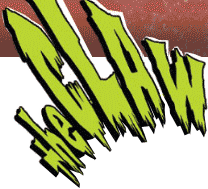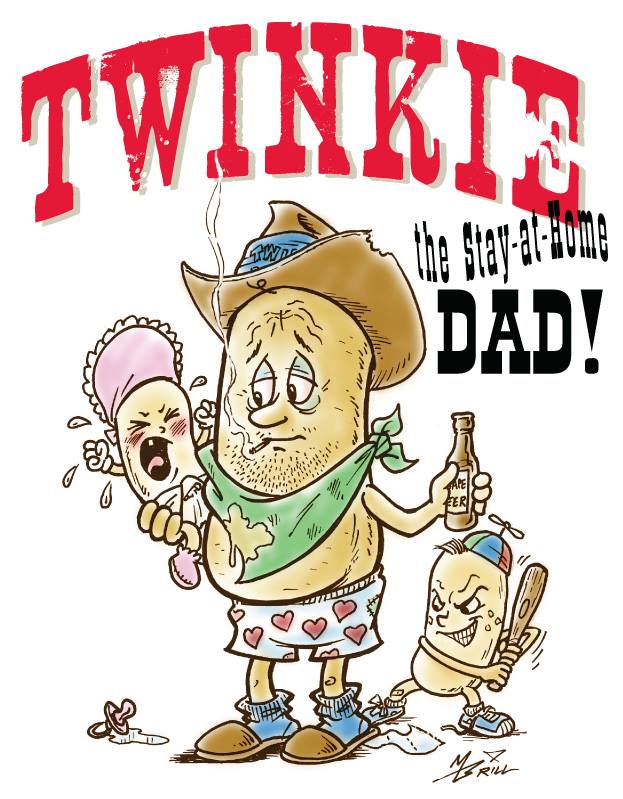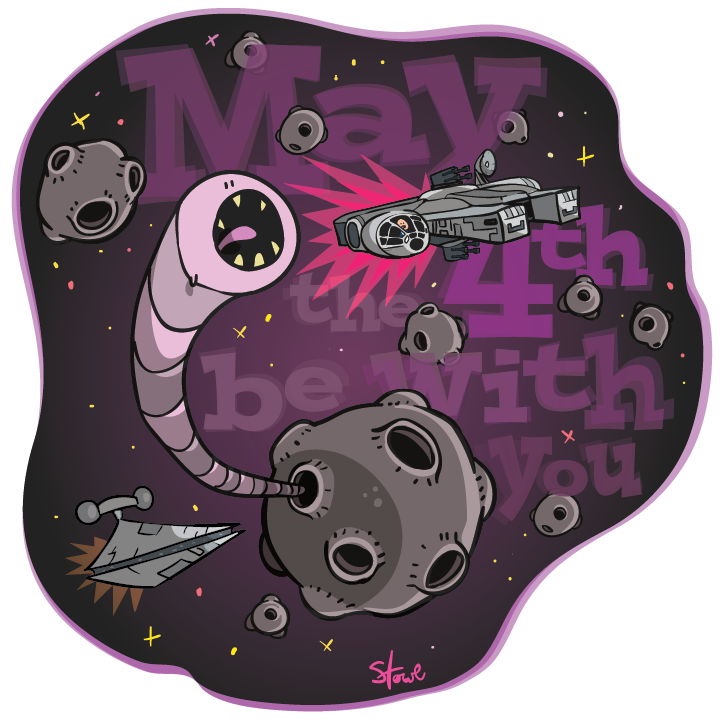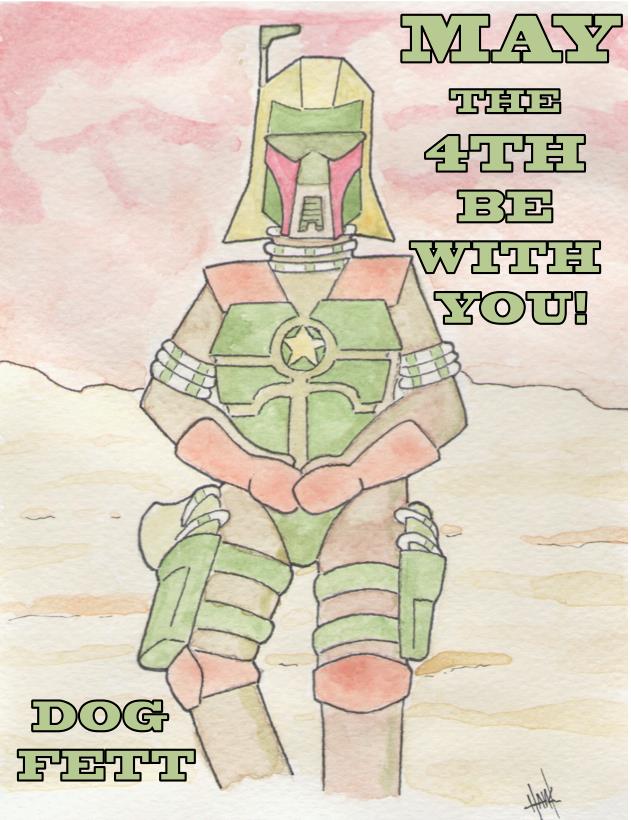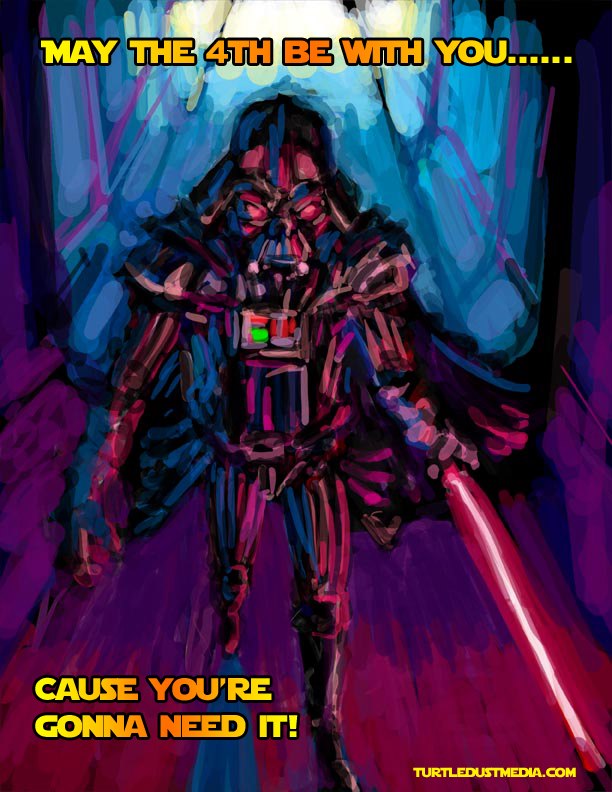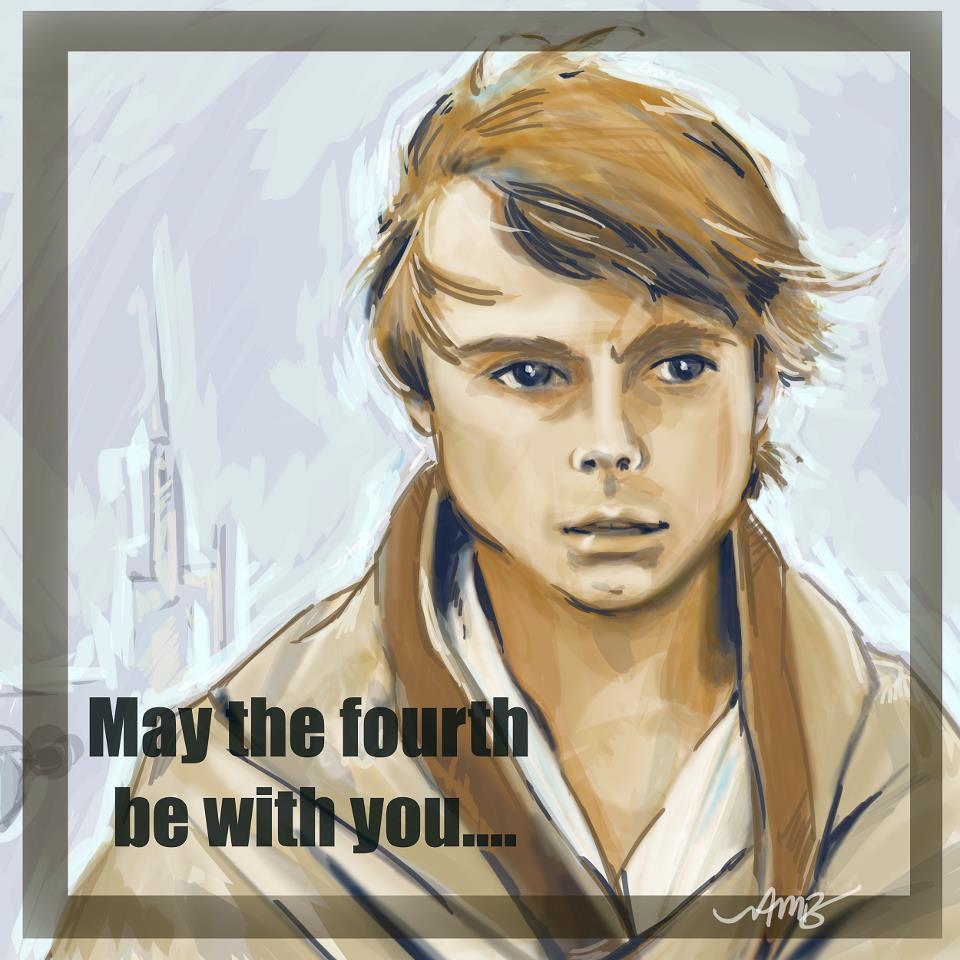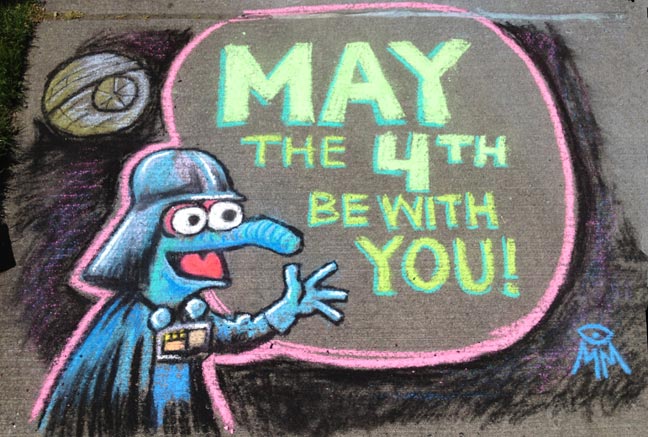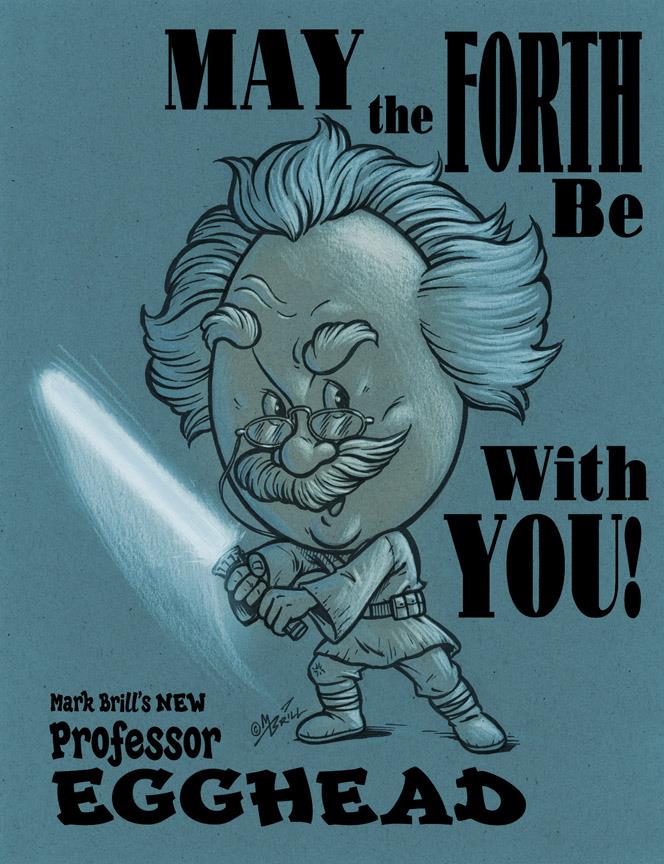My Tacoma Artist Initiative Project is creating two public service announcements using whiteboard animation. As part of that assignment I’m sharing this process on both my blog and the Cartoonists’ League of Absurd Washingtonians website. Step one of the project is drafting two scripts. My goal was to focus strictly on the dialog and time it to roughly 50 seconds per script. One I wrote each script I then sent it to my legal consultant, and then ran it past my editor. I gave my editor a few gray hairs because I did not write into the script the dialog in context with the images. I wanted to leave the script very open for when I came up with ideas during the next step, creating the storyboard.
Here are the scripts:
Voiceover Script for Defining Copyright Ownership.
Your creative expression can take many forms: writing, music, dance, sculpture, or visual art.
Copyright protects your creative expression.
Did you know that when you sell your original art you are not selling your copyright?
Just as an author does not lose the rights to his story when he sells his books, neither does a painter lose the rights to their creative expression when they sell their original paintings.
When a person buys original art, they become a curator of that piece, but they do not have the right to license the art.
Only you, as the creator, have the right to license your art.
Even after the original art has found a new home, you have the right to license and profit from your creative expression in any way you see fit.
The only legal way others obtain permission to license your work is in writing
Providing provenance to your art is a great way to inform buyers of their role as custodian.
It can confirm their obligation to keep the work safe from harm—and for you to have reasonable access to the original to make reproductions.
This message sponsored by the Tacoma Artists Initiative, and these fine creators.
@ 2013 Mark Monlux
***
Voiceover Script for Having vs. Registering Copyright
Your creative expression can take many forms: writing, music, dance, sculpture, or visual art.
Copyright protects your creative expression.
But there is a difference between having copyright and registering your copyright.
And since it can significantly affect how well your artistic rights are protected, you should know about it.
You have copyright the moment you physically create or record your expression.
But you need to register your copyright with the government to fully protect your work.
A registered copyright is your ticket into the courtroom.
It means that with a favorable judgment your legal fees can be collected in the settlement.
It also means that you can be awarded statutory damages for willful infringement.
Without a filed copyright you don’t qualify for any of that.
So, remember to protect yourself and your creative endeavors.
Register your copyrights early, and often.
It’s easy. You can do it online at copyright.gov.
This message sponsored by the Tacoma Artists Initiative, and these fine creators.
@ 2013 Mark Monlux
